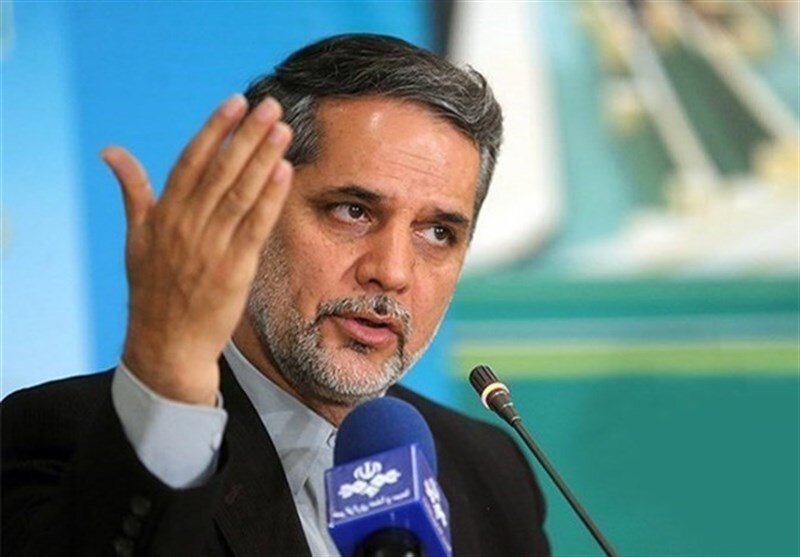Lawmaker calls Tehran's policy to reduce JCPOA undertakings a correct policy

TEHRAN – Rapporteur for the Parliament’s National Security and Foreign Policy Committee said on Saturday that Iran’s stance in reducing obligations under the Joint Comprehensive Plan of Action (JCPOA) was a correct decision.
Touching upon Iran’s 4th step in reducing its nuclear commitments, Hossein Naqavi Hosseini said, “The strategy to scale back the nuclear obligations was a 'correct' one and should have been adopted sooner.”
“The purpose of steps to reduce the JCPOA obligations is to change the behavior of the other party, and the reason for taking these steps is to protest the other party’s failure to fulfill its obligations," the MP said.
However, he added, the move has so far had "no effect on the other party" to fulfill its commitment.
Iran has started to gradually reduce its commitments under the JCPOA in response to the abrogation of the deal by the United States and a failure by the Europeans to honor their commitments
So far, the Atomic Energy Organization of Iran (AEOI) has taken four steps to cut back commitments in accordance with paragraph 36 of the JCPOA which “allows one side, under certain circumstances, to stop complying with the deal if the other side is out of compliance.”
On May 8, exactly one year after the U.S. abandoned the deal, Tehran announced that its “strategic patience” is over and began to partially reduce its commitments to the agreement at bi-monthly intervals.
In the first stage, Iran announced that it will not limit its stockpile of the nuclear fuel to 300 kilograms allowed under the deal. On that date (May 8) Iran’s Supreme National Security Council (SNSC) said if the remaining parties to the JCPOA, especially Europeans, devise a mechanism to protect Iran from the sanctions’ effect in the two-month deadline it will reverse its decision.
But since European parties missed the deadline, on July 7 Iran announced that it has started enriching uranium to a higher purity than the 3.67%, thereby starting the second step.
Again, as Europe missed the second 60-day deadline, Iran moved to take the third step, removing a ban on nuclear research and development (R&D).
In the latest step, which was done on November 6, Iran started injecting uranium gas into 1,044 centrifuges at the Fordow nuclear site. It was done at the presence of inspectors from the International Atomic Energy Agency (IAEA).
That happened again after the Europeans failed to take concrete steps to save the JCPOA.
Iran has said lifting ban on its oil export and financial transactions are the main conditions to reverse its decision.
MJ/PA
